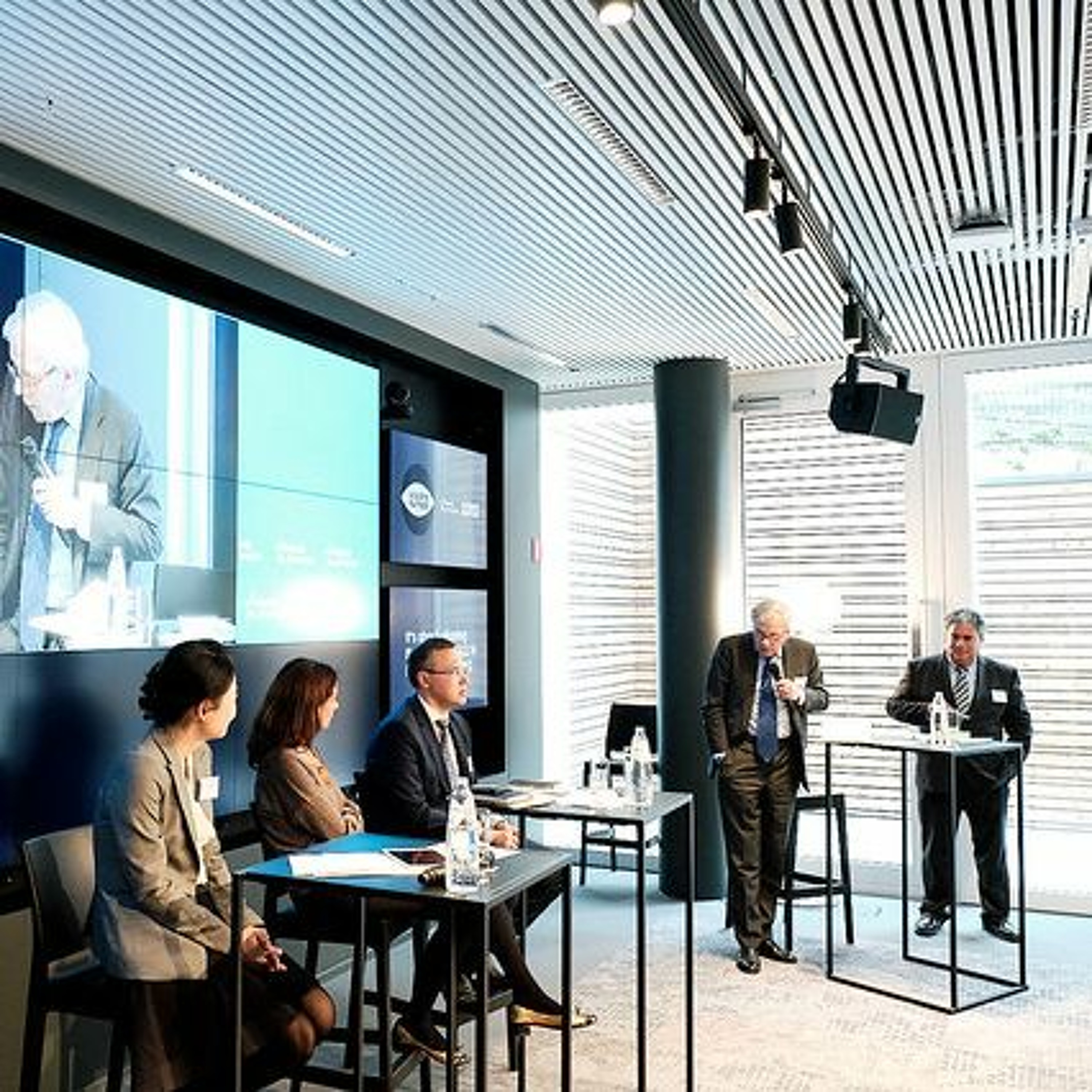Session II: EU Security And Defence In A Wider World

Greater EU strategic autonomy in defence and security is bound to be met with mixed reactions. While leaders in France, Germany and Spain have endorsed an EU army, transatlantic allies have rejected the idea. What are the perspectives from outside of the EU on the talks of a greater European strategic autonomy? \n\nOld alliances are being tested through the recent rise of protectionist stances and new \u201cstrongmen\u201d around the globe. This has prompted EU leaders to look for further defence cooperation within the Union, but how is this seen by outsiders? NATO would certainly benefit from European allies shouldering more of the responsibility for defence, yet Russia has welcomed an EU army that could possibly diminish NATO\u2019s collective effectiveness. Unlike the US and Russia, other global powers, such as China, seem to see the EU solely as an economic player rather than a significant international security actor. A shift in old alliances could redefine the EU\u2019s relationship with other global and regional powers. \n\nA greater European strategic autonomy may also demand that the EU takes on a greater role in today\u2019s global hotspots. The EU\u2019s ability to generate influence in an ever-more complex geopolitical order is likely to be tested in the next decade. \n\n\u2022 How are old, critical alliances changing? Would an increased European strategic autonomy affect current alliances? \n\u2022 In this turbulent era for the transatlantic relationship, can shouldering more responsibility for defence in Europe help bridge the current divide? \n\u2022 To what extent would a more ambitious EU global strategy clash or align with Russian and Chinese geopolitical interests? \n\nPerspecitves from:\nEurope: Nathalie Tocci, Director of the Istituto Affari Internazionali (IAI)\nChina: Yan Yan, Director of the Research Center of Oceans Law and Policy, National Institute for the South China Sea Studies (NISCSS)\nRussia: Andrey Kelin, Director of the Department for the European Cooperation of the Russian Ministry for Foreign Affairs \nUnited States: Ambassador Christopher Hill, Chief Advisor to the Chancellor for Global Engagement and former US Ambassador to Iraq (2009-2010)\n \nModerated by Paul Taylor, Senior Fellow, Friends of Europe